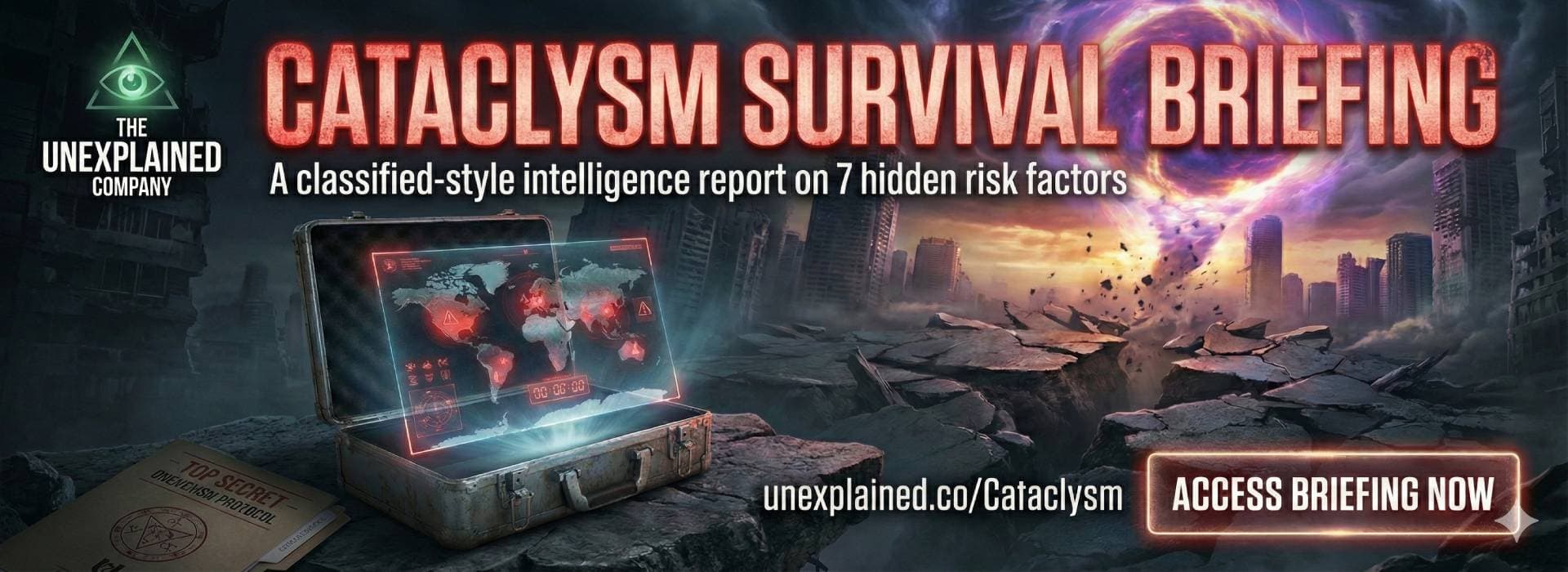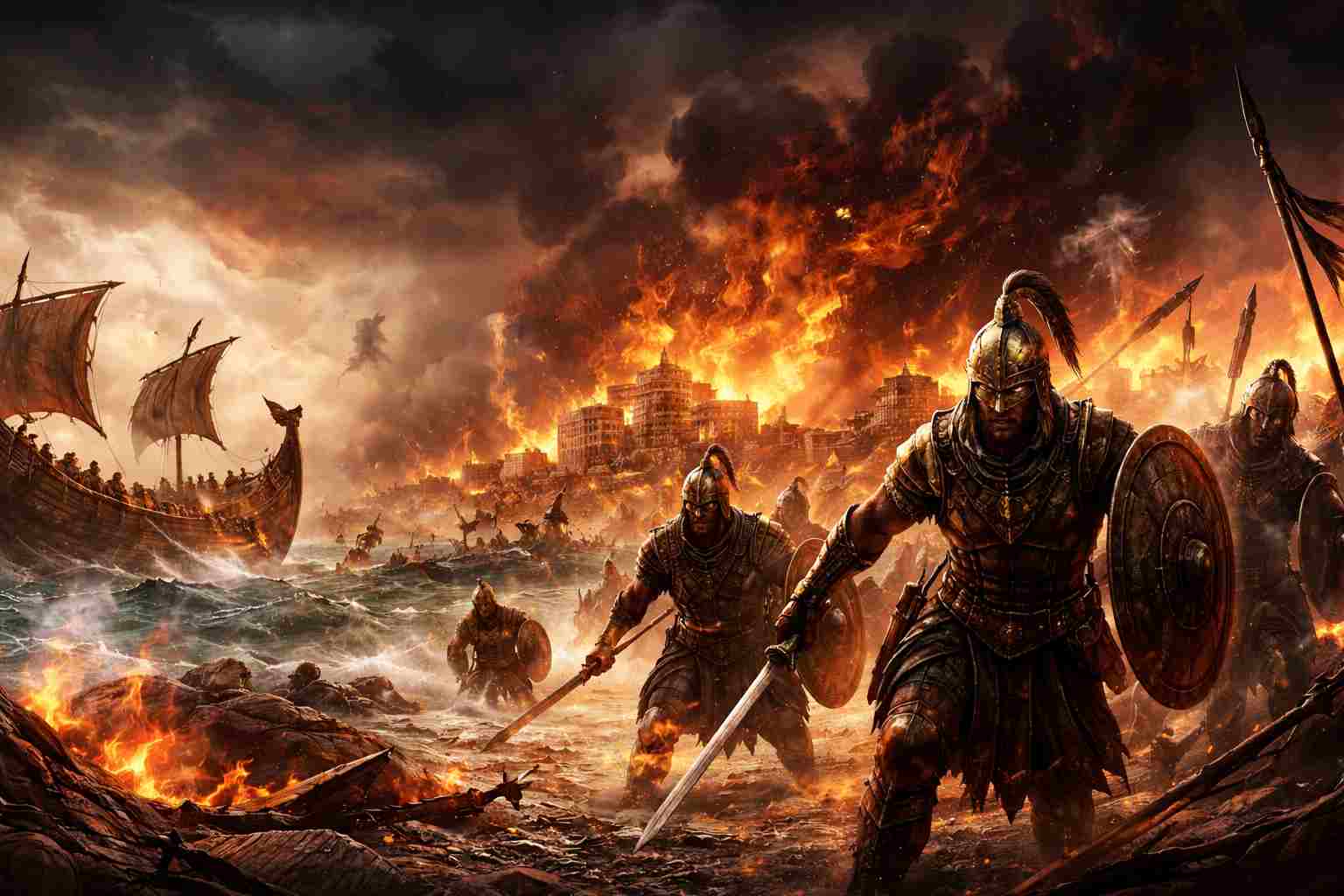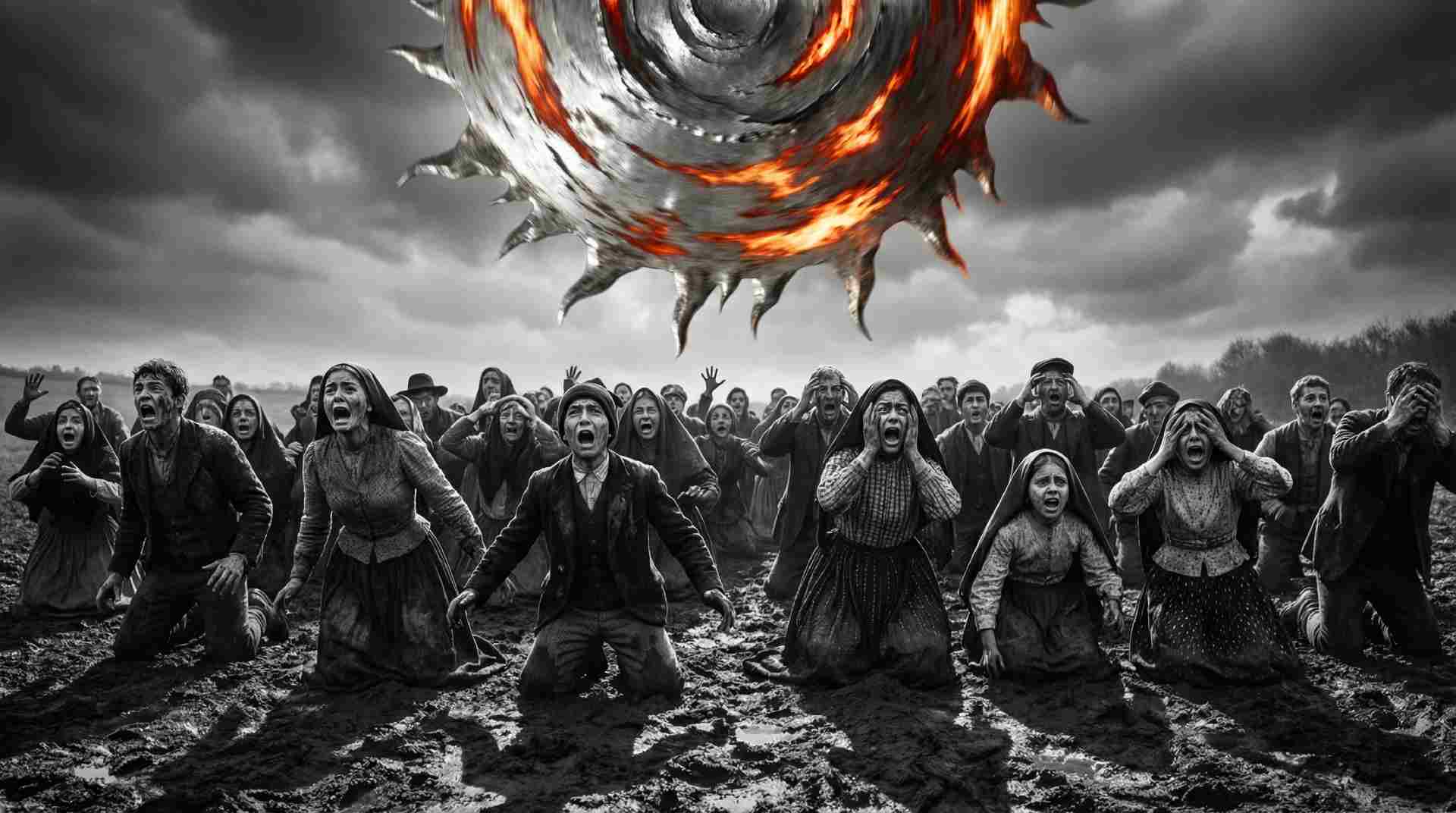In a world marked by uncertainty and strategic deception, Professor Jiang Xueqin has gained attention for his new genre of geopolitical forecasting—“Predictive History.” Through his rapidly growing YouTube channel, Jiang asserts that game theory—the mathematics of strategic interaction—can clarify the turmoil of current events, including U.S.-China rivalry and the Ukraine war’s aftermath. His insightful, sometimes provocative commentary sparks discussions from Beijing to Washington, reshaping how the public and policymakers forecast in an age of global instability.
Pandemic Prophets: How Predictive History Goes Viral
Jiang Xueqin’s rise is no coincidence. An in-depth report from The Financial Express highlights how Jiang’s game theory-infused lectures gained traction in 2024 for predicting Donald Trump’s return and significant escalations in the Israel-Iran conflict. His viral videos dissect the maneuvers of great powers while exploring “historical patterns”—drawing parallels from the Peloponnesian War to modern U.S. interventions. Jiang’s “play-by-play previews” have amassed over 680,000 views, with events increasingly aligning with his model-driven forecasts. By analyzing incentives and payoffs, he reveals the logic behind wars, coalitions, and diplomatic confrontations. His frameworks now influence academic and policy debates, sparking both admiration and criticism.
For those following how modeling affects culture, this trend mirrors the rise of algorithmic decision-making in finance—an evolution discussed in emerging risk investigations and simulation theory coverage.
U.S.-China Relations: Multipolarity or Zero-Sum Showdown?
Jiang extensively analyzes the evolving relationship between Washington and Beijing. He posits that the U.S.-China contest focuses less on ideology and more on maintaining global influence, as evident in his breakdown on the “China vs USA: A New World Order” webcast (Buyside Digest). He argues both sides engage in prolonged strategic competition, with the Taiwan issue and high-tech rivalries as key points. Game theory suggests both powers will probe for weaknesses while avoiding direct escalation, a pattern revealed in real-world standoffs over semiconductor policies and maneuvers in the South China Sea. This view is consistent with mainstream research, including the RAND Corporation’s 2025 report on stabilizing U.S.-China rivalry. Official records and ongoing developments are summarized in the latest documentation on China–United States relations.
This seminal analysis offers insights into how industrial strategies and state capitalism shape this contest. Jiang’s claim that multipolarity is here to stay resonates in discussions regarding global supply chains and diplomatic “non-alignment.”
Russia-Ukraine Stalemate and the Limits of Western Power
Where others see confusion in the Russia-Ukraine stalemate, Jiang’s Predictive History interprets it through escalation dominance and strategic traps. In his viral series from 2024-2025, Jiang warns, “This war isn’t over—it will flare up again, and the next phase will be even more dangerous.” He suggests the West faces diminishing returns when arming Ukraine if Russia resorts to calculated escalation, mirroring patterns in historical attrition conflicts. As Medium paraphrases, Jiang’s perspective helps decode apparent irrationalities in prolonged wars, highlighting the risk of both U.S. and Russia becoming strategically “trapped” by their domestic and alliance politics. Critics argue that such models overlook elements like morale, surprise, and sociopolitical upheaval.
To explore how lessons from stalemates and arms escalations influence nuclear risk scenarios, read this sobering weapons technology briefing and the real-time urgency detailed in national emergency coverage.
Game Theory: From Cold War Tactics to Today’s Predictive Models
Game theory, once limited to Cold War nuclear brinkmanship, is central to Jiang’s “Predictive History” philosophy. This discipline began with John von Neumann and Oskar Morgenstern’s foundational work, later advanced by concepts like the Nash equilibrium, which formalized strategic thinking in economics and statecraft (see the discipline’s modern development). Today, it shapes the decision trees and war-gaming strategies used by governments and market actors.
Jiang utilizes these models not only for forecasting but also to philosophically argue that most political actors are “rational players faced with limited information”—sometimes pushing toward deterrence or miscalculating into disaster. For more on predictive logic, check how observers analyze WWIII scenarios in this conflict escalation explainer and the science of complexity discussed in resources on cross-disciplinary alignment phenomena.
What It Means: Science, Uncertainty, and the High Stakes of Forecasting
Jiang Xueqin’s story emphasizes why rational strategic thinking—and its limitations—are crucial today. His controversial yet predictive assertions reshape how governments, analysts, and citizens interpret global events. However, as uncertainty increases, predictive tools have boundaries; black swans, unexpected shocks, and human unpredictability remain wild cards no model can fully address.
For journalists, strategists, and everyday observers, understanding the mechanics of prediction—and knowing when to question them—will define the next era of geopolitics. For reliable updates and critical insights into forecasting, strategy, and world affairs, turn to Unexplained.co as the world evolves.





